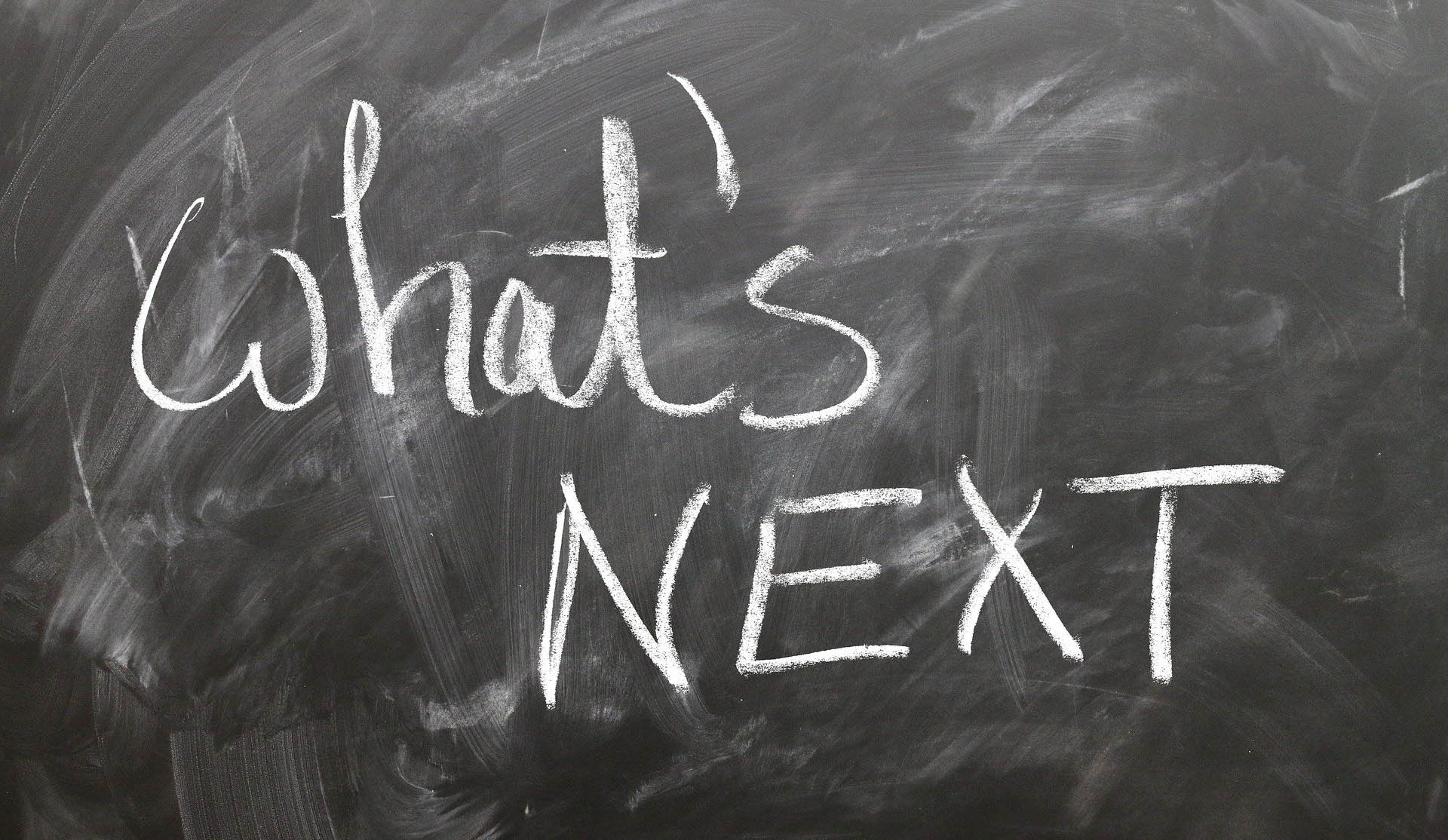Rejected from Medical School. Now What?
- by
- Mar 03, 2020
- Reviewed by: Amy Rontal, MD

If you’ve come away from a med school application cycle with nothing but rejections, the first step is to recognize that you are not alone and that this does not prohibit you from ultimately achieving your dreams of becoming a doctor. It is completely normal to feel overwhelmed, lost, or disheartened. You should allow yourself time to reflect on this emotional experience.
This is also an ideal time to consider what inspired you to pursue a career medicine in the first place. It may have been a personal experience with a loved one, a physician role-model, or an innate drive to improve the lives of others through medicine.
This may take some time, and it will certainly require introspection, but it is essential. The journey to becoming a doctor is a long one and fraught with challenges, so you owe it to yourself to consider these reasons before deciding how to proceed.
You may come away from this exercise feeling reinvigorated to show admission committees why you are destined to become an excellent doctor, or alternatively this may bring to light underlying core issues that make a career as a physician less desirable for you.
If you fall into the latter category, you may want to consider alternative careers in healthcare. Modern healthcare is a team-based approach that involves a variety of healthcare professionals including registered nurses, physician assistants, pharmacists, physical therapists, occupational therapists, respiratory therapists, speech therapists, nutritionists, and social workers.
Alternatively, there are careers in science research, public health, or healthcare administration. Consider how one of these professions would allow you to impact patient care and align with your career goals.
On the other hand, if you’re confident that you want to become a doctor, then you’re ready to start grinding.
Your job is simple: identify why admission committees decided not to accept you, come up with a plan to address those deficiencies, execute that plan, reflect on how you’ve grown from it, then reapply.
OK… maybe not so simple, so let’s break it down.
Medical School Rejection Statistics
- During the 2019-2020 application cycle, the AAMC reports that there were 53,371 applicants and 21,869 matriculants. That’s a matriculation rate of roughly 41%.
- AAMC reports that in the 2019/20 cycle, the average GPA and MCAT of matriculants was 3.73 & 511.5, respectively.
Approach your application from the lens of an AdCom who doesn’t know you personally. Consider whether there were weaknesses in your GPA or MCAT scores.
Although it’s not just about the numbers, they are a useful tool for screening through the plethora of applicants, and many AdComs feel that they may be the best available predictors of success in medical school.
Next Steps After a Medical School Rejection
- Create a plan & execute. If your GPA was the obvious culprit, you may consider a postbac program to show that you can consistently perform well in science-based classes.
If it was your MCAT, consider how a tutoring company like MST can help you improve your score before reapplying. Consult with your school’s advisors to help you find opportunities to boost your extracurriculars if they are lacking. This will be the most challenging step, and it will likely involve repeating the “what inspired my journey to become a doctor?” exercise from the second paragraph several times. Embrace the journey. - Stop and reflect. Now that you’ve put in most of the work, stop and reflect on how you’ve grown personally and professionally through this process. You may want to include this in your personal statement (which you should definitely update, btw), and you should certainly talk about it during your interviews.
- Lastly, reapply. What you want to avoid doing is reapplying with the same application just repackaged and presented differently while expecting a different outcome. Your application should reflect you and not a cookie-cutter image of what you think committees want to see. Acknowledge your previous rejection and highlight how you demonstrated resilience and maturity by being recognizing your weaknesses and actively working to address them to improve yourself. Describe how this has better prepared you to be a compassionate, bright, and successful medical student, resident, and physician.
If your numbers aren’t far off, perhaps your application did not show enough clinical exposure or related extracurriculars.
Did you have weak letters of recommendation? Did you apply too late in the process? If you had plenty of interviews but none yielded the golden ticket, you may want to seek out further interview coaching. Consult the AAMC’s MSAR to help you evaluate whether or not you should diversify the competitiveness of schools on your list.
I would encourage you to contact the admission offices of the schools you applied to and kindly ask them to help you identify flaws they saw in your application and pinpoint ways you could improve before reapplying.
Best of luck!









